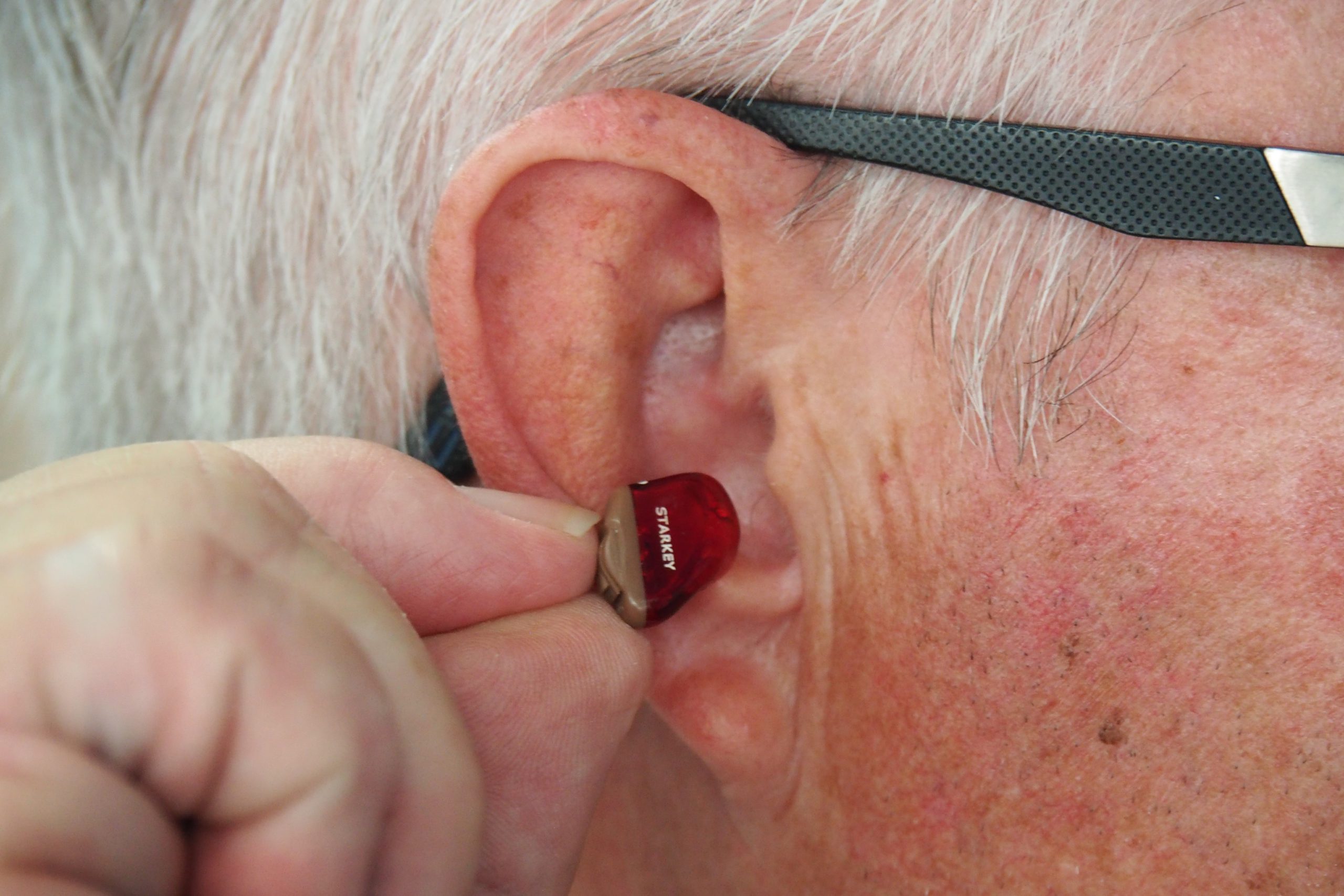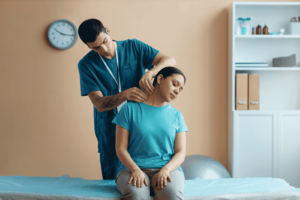Hearing loss is a serious and rapidly growing problem. According to the WHO, hearing loss is one of the 10 most common health problems in the world. In the past, hearing loss mainly affected the elderly because of age-related changes in the hearing organs. But things have changed. Nowadays, many young people, teenagers, and even children have hearing problems. There are many reasons for this development. They all lead to the same result. It is a serious reduction in the quality of life of a hearing-impaired person. Unfortunately, the number of children with this problem is also increasing. A child and hearing loss is not as rare a combination as it was 10 years ago!
How serious is it?
It’s hard for someone with normal hearing to understand how someone with hearing loss feels. The problem is that we take good hearing for granted and don’t pay attention to our hearing organs. But as soon as the hearing begins to deteriorate, we are surprised at how hard it is to live in the new conditions!
Hearing is the most important sense that helps us interact with the world around us. Yes, about 70% of the information we receive is through sight. But hearing is just as important. It’s not just the perception of external sounds. For example, our orientation in space depends directly on our hearing. It‘s important to understand that the development of hearing loss leads to various complications.
Physiological problems
Let’s start with the physiological problems. Hearing loss is not just a loss of hearing. It is also about frequent dizziness, loss of spatial orientation, reduced cognitive function, etc. When you have such a problem, your brain changes the way it works and focuses a lot of energy on trying to understand the sounds you hear. As a result, other parts of the brain begin to atrophy. This leads to memory problems, dementia, etc.
Mental difficulties
Hearing loss is always a communication problem. It is difficult for a person to understand what is being said to them right from the start. Some people find it embarrassing to repeat their words several times or to discuss them in public. As a result, such people try to meet less and distance themselves from society. Such behavior leads to the development of mental disorders. For example, depression often accompanies a person with hearing loss if it is not treated.
How dangerous is a hearing loss for a child?
Hearing loss is much more dangerous for children than for adults. They also experience the physiological and psychological difficulties described above. But there are also developmental problems! Yes, healthy hearing is the key to a child’s successful development! When the problem occurs, your child’s school performance will gradually decline. Therefore, there is a direct link between hearing health and a child’s development!
The situation is even more dangerous for a newborn. It’s hearing that shapes his perception and speech. Without it, the child will not be able to develop and speak. This is why it is important to recognize the first symptoms of hearing loss in your baby and take action. There is no time to wait!
What about auditory diagnostics?
The result of a newborn’s first hearing screening is not definitive. Most infants with an initial diagnosis of deafness or hearing loss require a second screening. The reasons why the result of a newborn hearing screening may be unreliable are as follows
- The child moves and is restless during the examination
- The study room is not isolated from background noise
- Baby has temporarily blocked ears after birth
The second, more detailed hearing test will be more informative in this regard. However, even this does not guarantee 100% accuracy. If the second test is disappointing, the child will be referred to an otolaryngologist for further diagnostic work.
What do the statistics say? According to the WHO, only 1 in 25 children who fail a repeat audiometric test is diagnosed with unilateral or bilateral deafness. Therefore, you should not panic at the results of the first hearing test. They are most likely not an accurate picture.
What should parents do?
It’s the attention and actions of parents that determine a child’s future health. You can see the first signs of hearing loss at any age. The key to recovery is not to wait until the problem gets worse. Time plays an important role in the treatment. This is especially true for child hearing loss!
Seek help in time
If your child has been diagnosed with hearing loss, the first step is to find a qualified audiologist as soon as possible. Treatment for children with congenital hearing loss should begin before the child is six months old.
Such an early start to therapeutic intervention will ensure the normal development of communication skills, which will develop at almost the same rate as in healthy children. Early contact with Audiology Island can also help answer the most important question in this situation. Does your child need a hearing aid? Which model would be best for this particular clinical situation?
Hearing aid technology has come a long way in recent years. Previously, hearing aids were bulky devices of a dull brown color that barely fit behind a child’s ear. Kids can now wear hearing aids in their favorite colors. Decorative accessories such as bows, pendants, and clips make wearing them fun and enjoyable!
Focus on speech development
Hearing and speech are interrelated. Therefore, it is very important to pay special attention to the speech development of a hearing-impaired child. If the hearing loss is mild, there is little or no effect on speech development. But the more profound the problem, the more it will affect speech development. Children with severe hearing loss learn to speak only with the help of deaf teachers in special schools for deaf children.
Remember that hearing loss is not a curse for your child. It’s important to identify the problem as soon as possible and start treatment. In this way, you can help your child overcome problems and be happy!





Be First to Comment